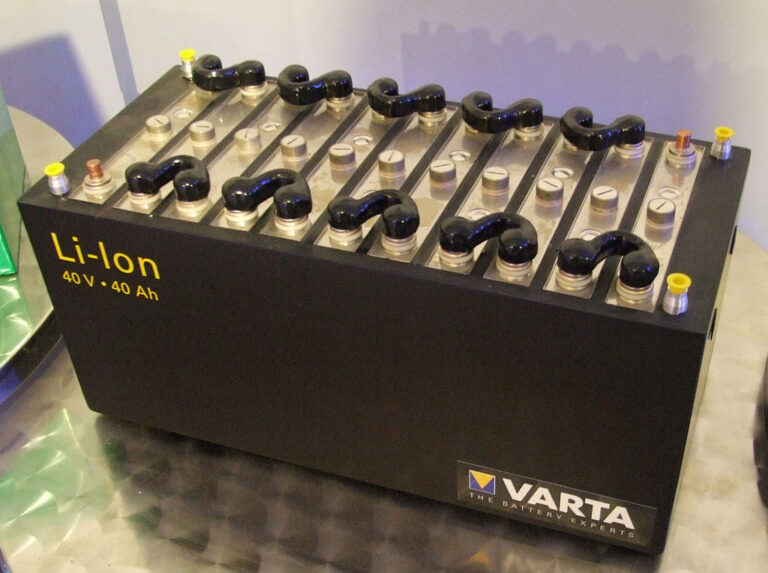Sinovoltaics has published its latest energy storage manufacturer rankings report, based on balance sheet assessments and publicly available financial information. America’s Tesla is number one, followed by South Korea’s LG Energy Solution, Taiwan-based Kung Long Battery, China’s Mustang Battery and America’s Solid Power in the top five.
The latest Sinovoltaics financial stability ranking of battery energy storage system manufacturers, which is based on a balance sheet model and publicly available financial information, lists America’s Tesla at number one, followed by South Korea’s LG Energy Solution and Taiwan-based Kung Long Battery. and the Chinese Mustang Battery, together with the American Solid Power in the top five.
Sinovoltaics, a Hong Kong-based technical compliance and quality assurance service company, has released its latest version Ranking of energy storage manufacturers. The report, which has a global scope and covers 55 manufacturers, is available for free download. Results are calculated from June 2020 to March 2024 to provide insight into the stability of the scores over time.
The ranking uses a so-called Altmann Z-score, a quantitative formula to analyze multiple company income and balance sheet values to measure a company’s financial health. It assesses a company’s financial strength based on publicly available information through a credit strength test based on profitability, leverage, liquidity, solvency and activity ratios. A score of 1.1 or lower indicates a greater likelihood of bankruptcy within the next two years, while a higher score of 2.6 or higher indicates a solid financial position.
Manufacturers in the top ten of the energy storage rankings include Tesla, LG Energy Solution, Kung Long Battery, Mustang Battery, Solid Power, along with Ireland-based Eaton, China-based Sinexcel, Japanese manufacturers GS Yuasa and Sanyo, together with the American-based Levent.
Sinovoltaics has published several other manufacturer rankings this year, including reports focused on inverter and module manufacturers. It points out that while the reports do not assess the quality of the equipment, they can be used by buyers and other industry stakeholders, such as financial institutions, as part of the due diligence process, or to help identify financially stable partners .
This content is copyrighted and may not be reused. If you would like to collaborate with us and reuse some of our content, please contact: editors@pv-magazine.com.


